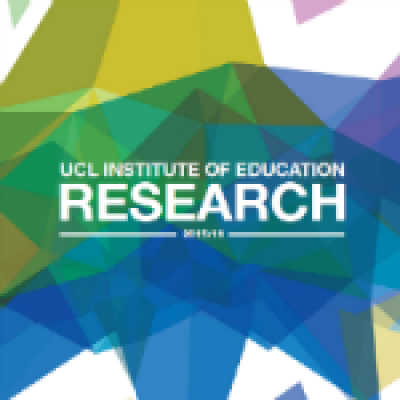Practical and evidence-based recommendations for teaching mathematics
14 November 2017
Chair of Mathematics Education at the UCL Institute of Education (IOE), Professor Jeremy Hodgen, has worked closely with the Education Endowment Foundation (EEF) to produce a guidance report on how to improve mathematics teaching for children in Key Stages 2 and 3.

The report makes eight practical, evidence-based recommendations following a systematic review of evidence produced by Professor Hodgen and his team, which included Dr Colin Foster (University of Nottingham) and Dr Rachel Marks (University of Brighton).
It is relevant to all pupils, but particularly those struggling with maths.
The recommendations include:
- Using assessment to build on pupils' existing knowledge and understanding
- Using manipulatives and representations
- Teaching strategies for solving problems
- Enabling pupils to develop a rich network of mathematical knowledge
- Developing pupils' independence and motivation
- Using tasks and resources to challenge and support pupils' mathematics
- Using structured interventions to provide additional support
- Supporting pupils to make a successful transition between primary and secondary school
Aspects among these include addressing misconceptions such as 'multiplication makes bigger, division makes smaller', following three core principles to use technology effectively when teaching, and engaging parents to encourage their children to value, and develop confidence in, mathematics.
However, the report recommends exercising caution when engaging parents directly in pupils' mathematics learning, for example by helping with homework, as interventions designed to do this have often not been linked to increased attainment.
The report is seen as a starting point for a more evidence-informed approach to teaching maths by the EEF and its partners, including the network of Research Schools.
However, the EEF points out that the recommendations do not provide a "one size fits all" solution - and that schools will need to carefully consider their own context and avoid changing methods too quickly.
The EEF is an independent charity dedicated to breaking the link between family income and educational achievement. It was established in 2011 by The Sutton Trust.
 Close
Close


